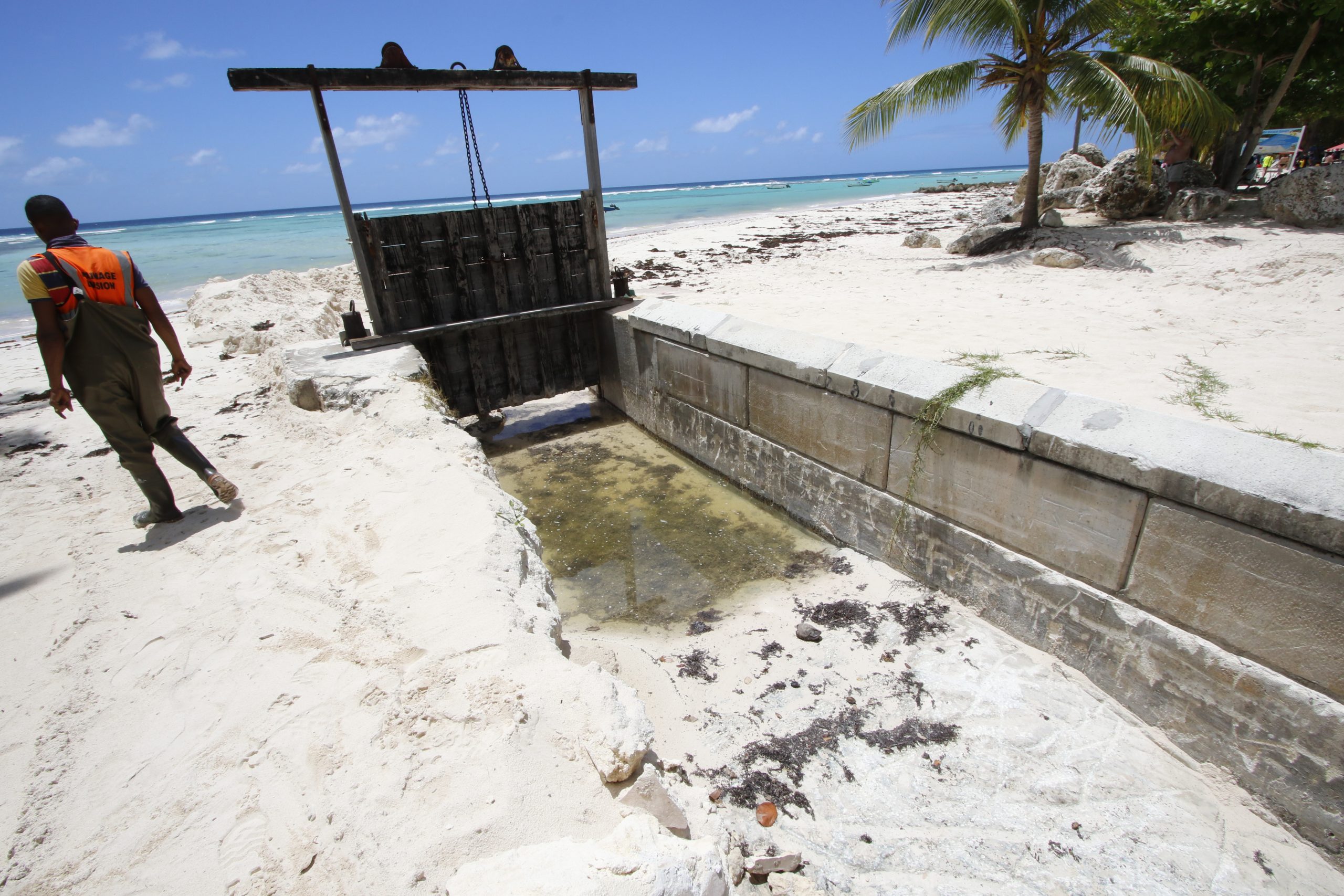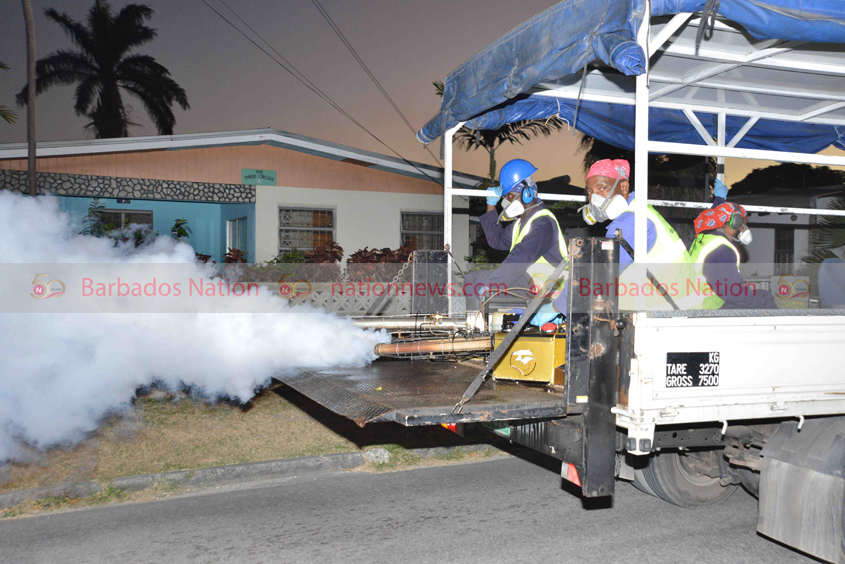

Businesses and other organisations in Barbados and the Caribbean are not taking climate-related risks seriously enough, despite the region’s high vulnerability to the negative effects of global warming.
The Association of Chartered Certified Accountants (ACCA) found this in its new study, Weathering The Storm: Building Resilience Against Climate Disruptions.
ACCA, a globally recognised professional accountancy body, concluded overall in the report that “businesses and other organisations are not prepared for weather-related disasters, with out-ofdate business continuity plans failing to reflect the frequency of disruption of climaterelated events”.
The publication noted that the Caribbean in particular “has seen a stark increase in climate-related disasters – with the frequency of hurricanes, floods and other extreme weather events doubling over the past two decades”.
“Despite this, the survey reveals that only 20 per cent of organisations identify climate-related risks across their various locations – while just 17 per cent actively practise for major disruptions,” ACCA said.
“Furthermore, a quarter of respondents (25 per cent) lack any mechanisms to manage climate-related disaster risks. These gaps reveal a critical need for organisations to update and rigorously practise their business continuity plans.
“The urgency of carrying out scenario testing cannot be overstated – it’s essential for organisations to anticipate potential disruptions and develop effective response strategies to ensure resilience in the face of climate change and its associated risks,” it added.
Commenting on the findings, Paula Marcelle-Irish, Head of Caribbean, ACCA, said: “The 2024 Atlantic hurricane season was exceptionally active, with ten named storms between September 24 and November 4, including Hurricane Beryl, the earliest Category 5 storm ever recorded.
Stark reminders
“These alarming events serve as stark reminders that climate change is not a distant concern – it is reshaping lives and communities in real time,” she added.
The ACCA report featured the Caribbean as one of three case studies, examining how the region “is bringing together diverse sectors to create a climate smart region”. While pointing to some progress, the survey found that significant work remains to be done.
ACCA said that “given the Caribbean’s exposure to severe weather events and rising sea levels, it’s imperative that organisations update their business continuity plans (BCPs) and regularly practice scenario testing”.
It said these steps were important for the following reasons:
• Reducing economic
disruption – tourism makes up 13.9 per cent of the region’s gross domestic product, and natural disasters like hurricanes can cause major disruptions.
Strong continuity plans help reduce economic losses and protect people’s jobs.
• Ensuring fast recovery – Effective crisis management, supported by scenario testing, helps organisations respond quickly to disasters – minimising delays and accelerating recovery.
• Protecting
infrastructure – Rising sea levels and coastal erosion can significantly cost organisations. Scenario testing helps them plan ahead – protecting important infrastructure and saving on repair and adaptation costs.
• Improving
community resilience – Working with local communities to create resilience plans ensures that everyone is prepared for climate related challenges – making the entire region stronger.
• Supporting
remote and digital first workers – As more companies adopt digital-first approaches, it’s important that continuity plans also protect remote workers. This includes ensuring their safety, access to resources, and maintaining productivity during climate-related disruptions.
• Building financial
stability – By planning for disruptions, organisations can better manage risks and secure their financial future. (SC)





